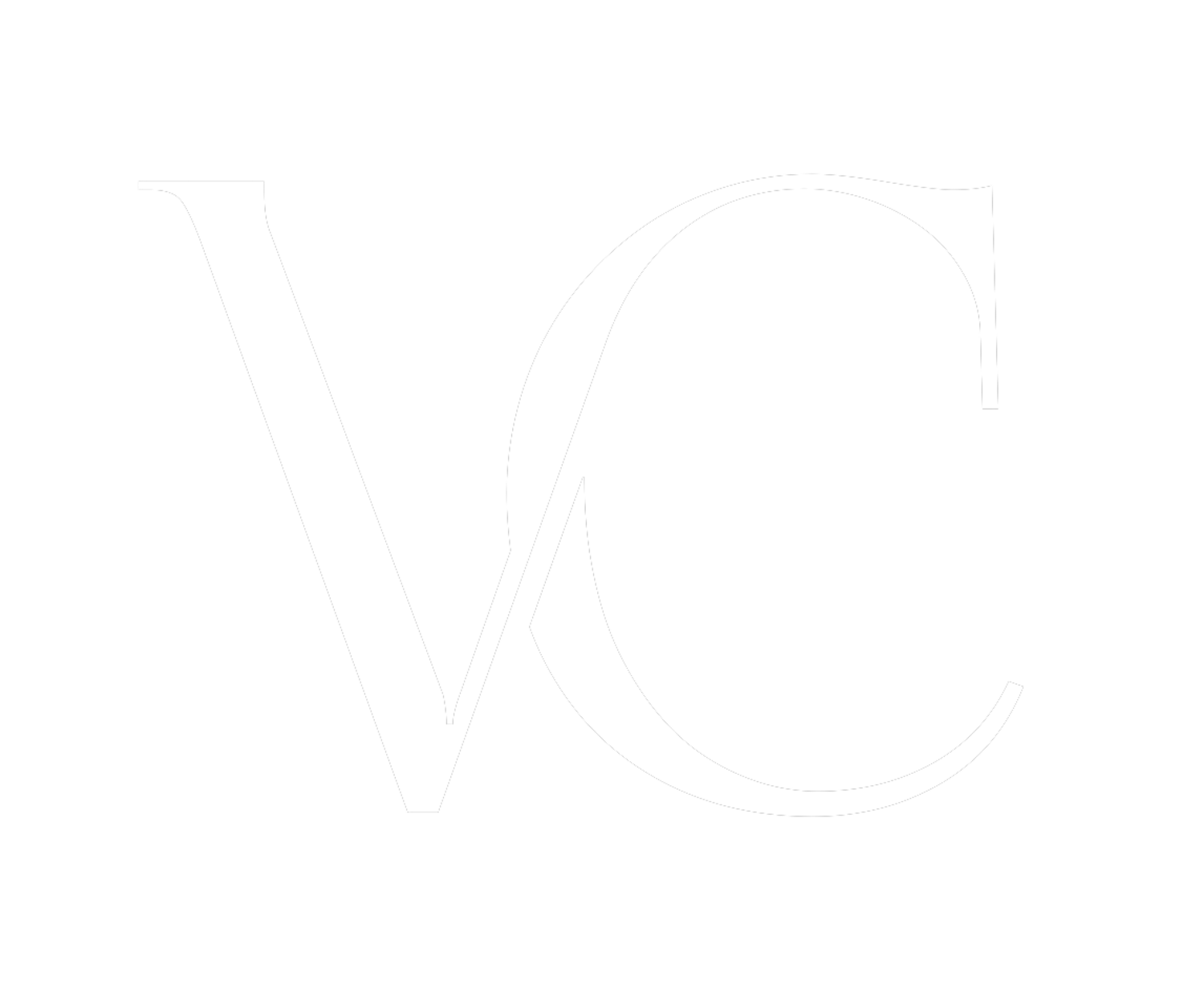
“Partnering with a coach allows you to gain greater focus on your personal and professional goals and challenges. It’s a commitment to your future self.“
~ Brain and Mind Technologies Research Centre, Espoo, Finland
WHAT TO EXPECT
The Discovery Process
It’s unfortunate but if you could identify your own blind-spots they wouldn’t be blind-spots at all. The coaching process starts with a deep discovery process where we review your goals and challenges while attempting to identify gaps in your thinking, capabilities, or strategy that could prevent progress. Then, we further refine our coaching process at every meeting.
Professional Development
In today’s modern workplace, upskilling has become the norm for professionals and leaders looking to advance. In every coaching session, clients are able to practice important soft skills like conflict resolution, effective communication, persuasion and influencing that further supports them in reaching their professional and leadership goals.
Research-Based Methods
As a certified and credentialed professional coach, I’m dedicated to my own professional development. With several certifications in positive psychology, appreciative inquiry, emotional intelligence and adult development, I’m committed to studying the latest research and choosing the best coaching methods to support your growth and development.
“The relationship between your life circumstances, such as finances, relationship status or health status, is not as strongly correlated with happiness as your ability to be effective and successful in your daily life, your ability to act out of your own interests and values, and your ability to have close relationships with others.”
~ Layous, Lyubormirsky, 2013
Fee Structures and Time Commitment
Vantage Coaching takes a custom approach towards fee structures and time commitments. You'll find no packages here. Kelley co-creates engagements with her clients to fit their goals, timelines, budgets and level of commitment to change.
When assessments seem advantageous to an engagement they can be added for an additional fee. Kelley is certified in MHS’s EQ-i suite of emotional intelligence assessments for leaders, workplace professionals, and students. 360-assessments are most often used to facilitate leadership development at the executive level where feedback from colleagues informs the coaching engagement.
Book a one-time, 30-minute intro call so we can discuss your coaching goals.
FAQs
What is positive psychology coaching?
Positive psychology is an applied science that explores subjects related to resilience, performance and of course, happiness. As a practitioner of positive psychology, Kelley partners with clients to identify strengths, values and needs that allow them to reach their objectives more effectively and efficiently. Research suggests that positive states allow for greater creativity and resourcefulness which has allowed many of my clients to shift from problem solving to opportunity spotting in their everyday lives. They become more energized by utilizing their strengths, rather than drained by the endless loop of thinking through or around problems.
How does coaching work?
While coaching may not be rocket science, the results can be just as powerful. More than a casual ‘conversation’ between coach and client, coaching holds the space for reflection and discovery. Kelley takes the time upfront to not only clarify your goals, but to inventory the resources at your disposal that will support your progress toward important and well-deserved milestones. By disrupting current professional plateaus, you generate meaningful momentum toward achieving your goals sooner.
If my coach is just going to ‘talk’ with me, what makes her any different than my mother?
Unlike family members or friends, Kelley enters the coaching relationship free from her clients' personal histories and the expectations that so often cloud our loved ones’ well-meaning intentions. As a ‘second brain’ for her clients, Kelley is an objective listener who refrains from advice giving, mentoring, or ego stroking. Her social science training has been invaluable in her ability to listen for subtleties of tone, watch for the facial signals that inform an individual’s word choice, probe for the underlying issues, and to ask with great sensitivity the powerful questions that make coaching so effective.




